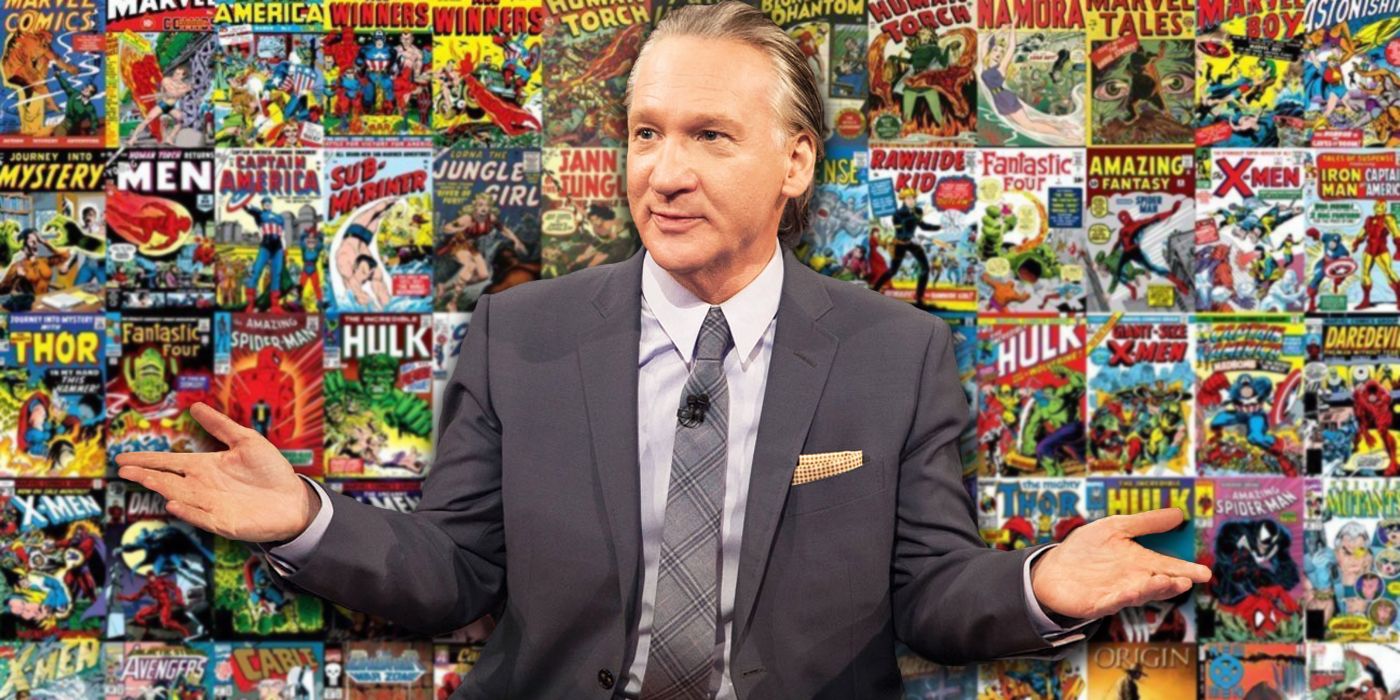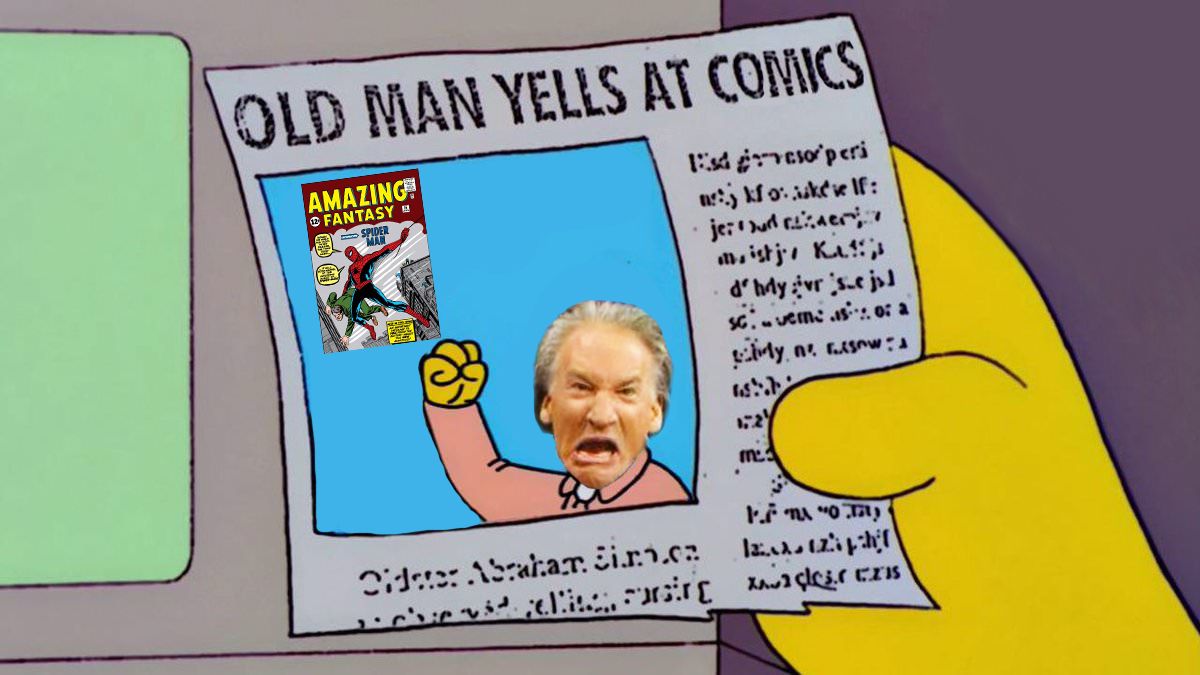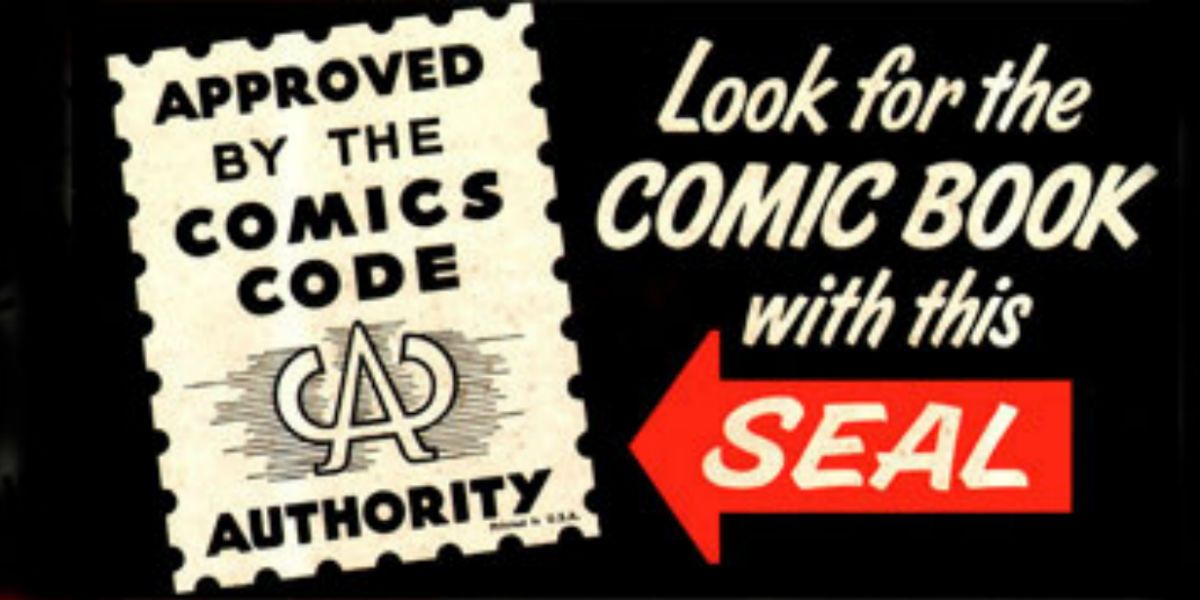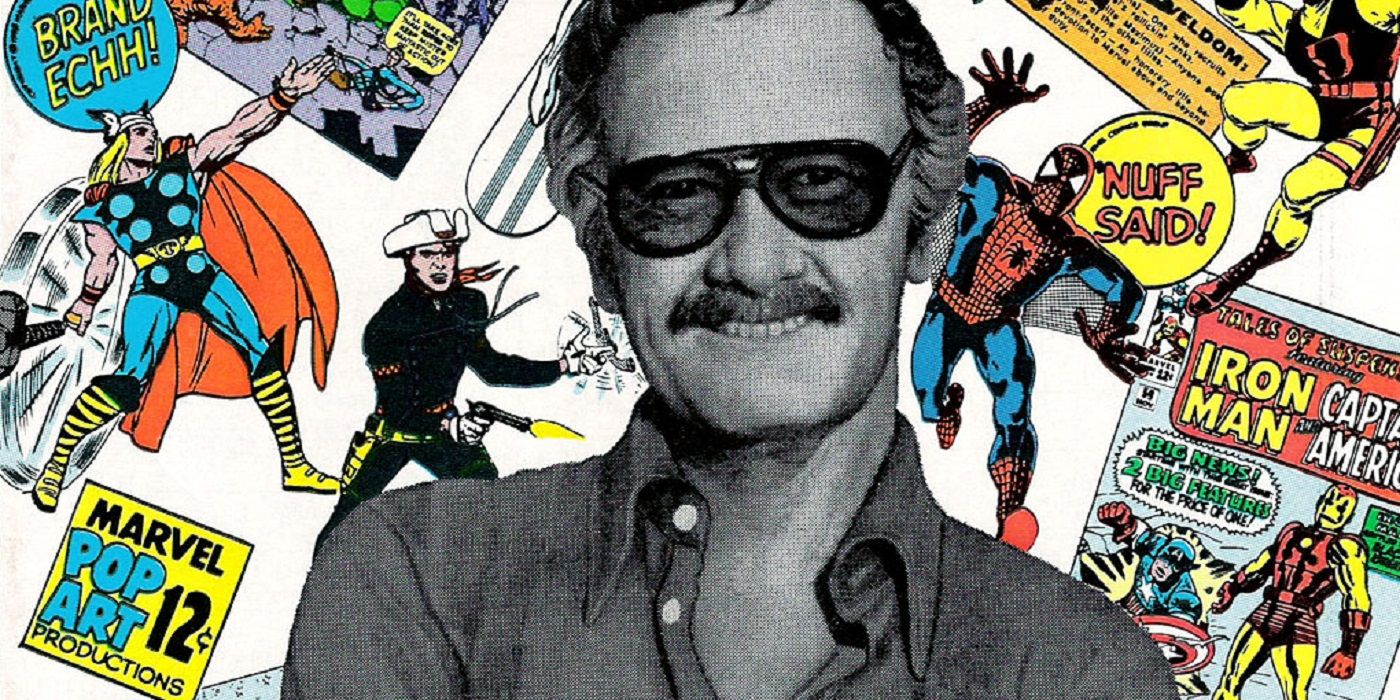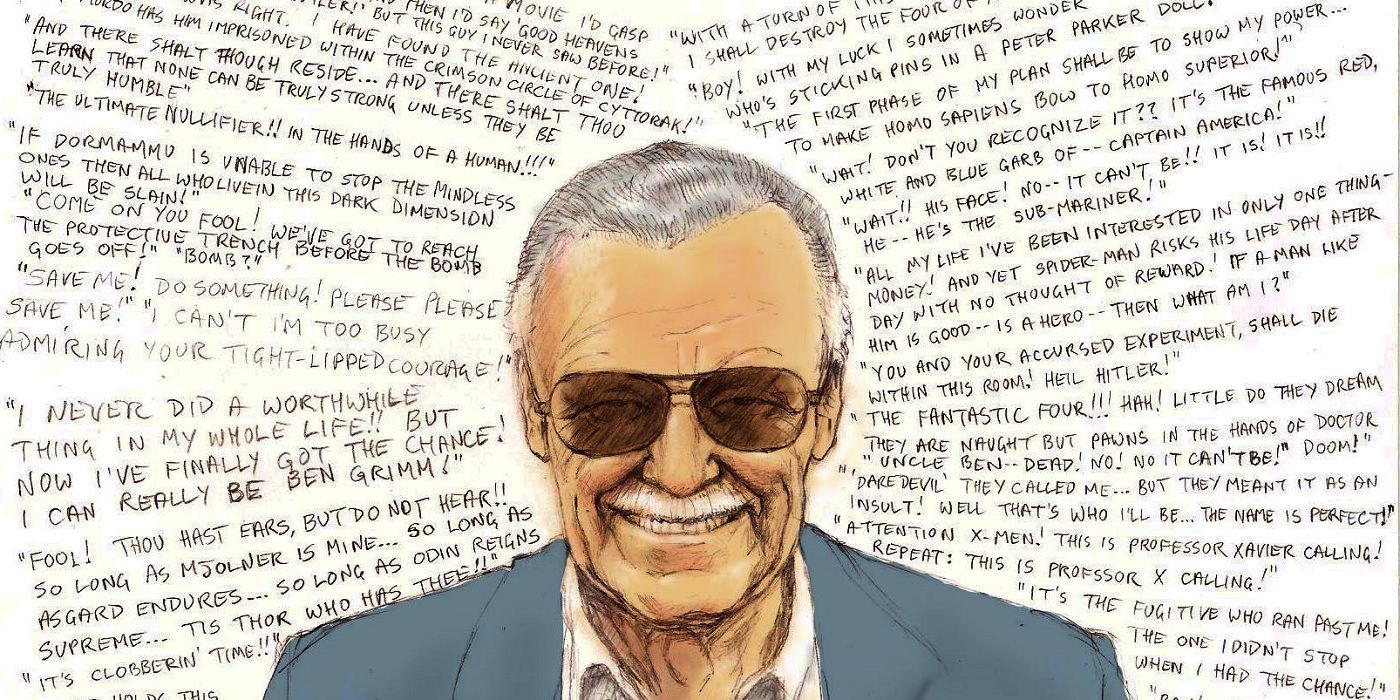Bill Maher recently posted a screed entitled “Adulting” to his TV show’s blog that criticized comic book fans for mourning the passing of Stan Lee. Over three paragraphs, Maher took aim at Lee’s legacy, academics who study media and adult comic book fans.
RELATED: The Comics Industry Reacts to Bill Maher's Stan Lee Comments
In his estimation, comic books are “for kids” and by engaging with them, adults are “using [their] smarts on stupid stuff.” Maher is well-known for expressing contrarian views, and considers himself a provocateur. However, in this case, his comments were poorly considered and uninformed.
Maher writes that when he was young, everyone assumed “comics were for kids, and when you grew up you moved on to big-boy books without the pictures.” Setting aside the ridiculous idea that just because a book has pictures in it, it’s always for kids (an argument just as silly as the one that says animated movies are only for kids, no matter the story being told), Maher’s statement is perpetuating a stereotype that took root after the end of World War II.
RELATED: Stan Lee Changed America More Than Congress Has, Says Al Sharpton
During the war, comic books rose in popularity and superheroes like Captain America were developed as a means to rally Americans around the war effort. At the time, these patriotic stories were read by everyone, including kids. After the war, however, concerns grew about the ubiquity of comics and what they could be doing to the children reading them. Then in 1954, psychiatrist Fredric Wertham published his book, Seduction of the Innocent, which blamed comic books for juvenile delinquency.
Although Wertham’s work has since been discredited, his book triggered a public outcry and led to Congressional hearings. In responses, comics publishers created the Comics Code Authority to avoid government regulation, resulting in the censorship of comic book content. In the process, comics lost their edge and became sanitized, giving rise to the perception that they were “kid stuff.”
The past few decades have seen the comics industry push back against the restrictions brought about by the Code with the publication of comic books that delve into serious stories with nuance and subtlety, such as Watchmen, Maus and The Dark Knight Returns. However, the perception that comics are just for kids persists and has led to the stigmatization of adult comic book readers as immature and childish.
Yet, given the realities of the medium today, blindly parroting the idea that comics are for kids, as Maher does, perpetuates a harmful stigma. In fact, while Maher associates adults’ continued interest in comics today with the so-called dumbing down of America, it’s really comic book fans pushing back against an antiquated stereotype that no longer applies.
RELATED: Stan Lee's Company Issues Response to Bill Maher's 'Disgusting' Comments
We all know that the reason popular culture -- including comic books -- is popular is because it’s fun. Yet, fun doesn’t account for why fans invest so heavily in comic books, let alone the movies, TV shows and video games based on them. This kind of investment comes from a highly personal connection with a character and their story. When a reader or viewer makes a personal connection with a character, the experience goes beyond enjoyment. Readers become emotionally involved, and as a result, the experience becomes more meaningful.
When fans invest in any medium on this level, they don’t forget about the experience as soon as they stop reading. Instead, they continue to reflect on what they’ve consumed, and what it means to their lives in particular. Fans bring their own history, perspectives and experiences into what they’ve read, leading different people to focus on different messages in the same story; a story’s impact can differ from person to person.
RELATED: How Stan Lee Created Comic Book Celebrity and Modern Geek Chic
As we grow older, our perspective on the entertainment we enjoy shifts, too. We may still like the same comic book or movie, but we relate to the story for different reasons. So, while children may enjoy comic books for their bright colors and tales of derring-do, as comic book readers grow up, they start seeing the real world issues the stories metaphorically tackle. They’re also able to relate to the characters in new ways, including the weight of responsibility and the need to overcome obstacles that many comics characters shoulder.
In fact, research has found that adult fans of superhero comic books enjoy these stories because they can learn from them and apply them to their own lives. For instance, in the study, one fan claimed she saw Wonder Woman as a role model because her use of diplomacy in difficult situations was something she could emulate in real life.
Comic books show characters coping with hardships, figuring out how to use their strength positively, and articulating what makes life meaningful and valuable. This isn’t kids’ stuff. As an open letter from Stan Lee’s company observes, Lee brought us many characters that speak to important issues, including Black Panther, the X-Men, Spider-Man and the Hulk. As a result, dismissing this work as only valuable to children is small-minded at best.
In a study of adults of comic books, one fan said he viewed Lee as a sort of instructor who imparted moral messages through his Spider-Man comics. Those messages inspired this fan to apply what he’d learned in his daily life, which ultimately helped him find greater meaning and purpose. It’s a sentiment many fans of Lee likely share — and a legacy to admire.
RELATED: Stan Lee Thought These Marvel Stories Were His Best
Fiction takes us out of our daily lives; in the process, it lets us explore other places and perspectives, other attitudes and values. When we experience stories that speak to us, we often come away changed. It gives us space to grapple with important issues and think about what matters in a way that the hustle and bustle of daily life often makes impossible.
When we take what we learned back into our lives, we learn, grow and improve in the process. Adults who find that meaning in comic books can benefit from the experience in ways that enhance and enrich their “adulting” abilities, just as much as they can from any other storytelling delivery device. Comic books are important, and their influence will last much longer and go much deeper than one man claiming they are not.

